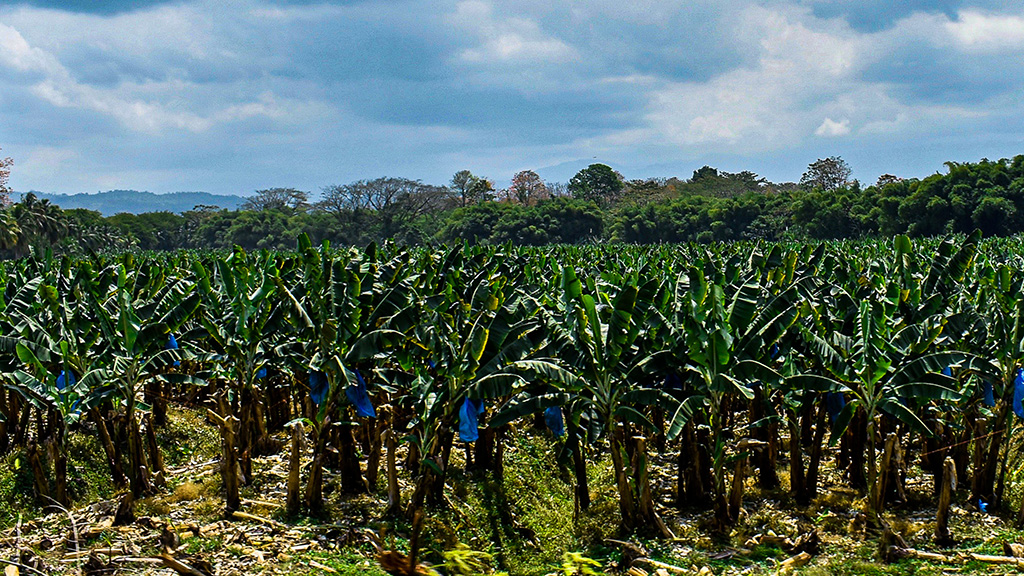Abstract
This interrupted case study was inspired by a real-life scenario, and tells the story of “Luis,” a local banana plantation seasonal worker whose health is impacted by the usage of pesticides on bananas. With the help of a healthcare team, Luis and his wife become aware of the effects of pesticides on his reproductive health and their ability to have children. Students use their knowledge of the reproductive system and the human body in order to answer the case questions. This case was originally developed for undergraduate anatomy and physiology or toxicology courses. Students are expected to have some background knowledge in male and female reproductive structure and function before starting the case.



